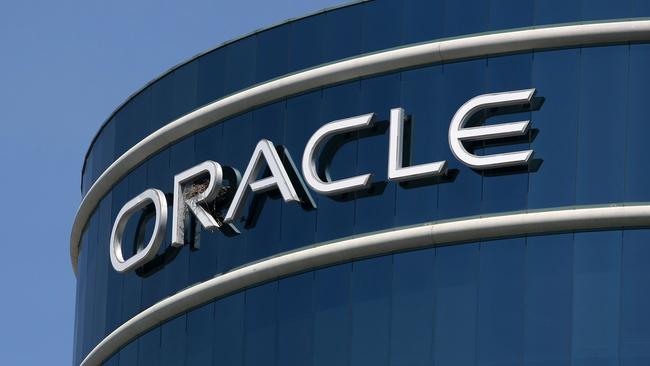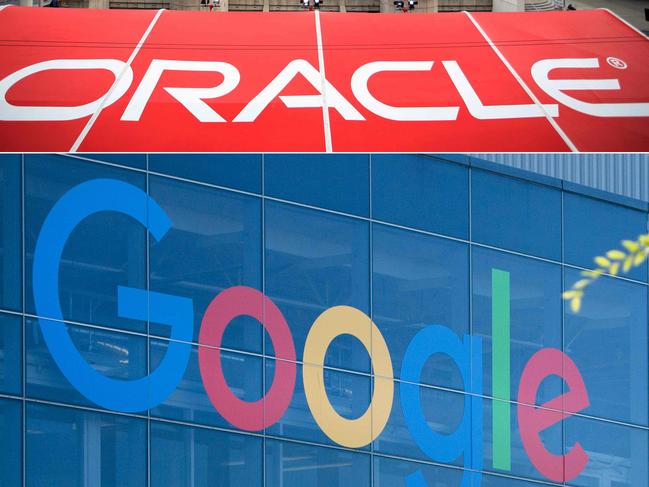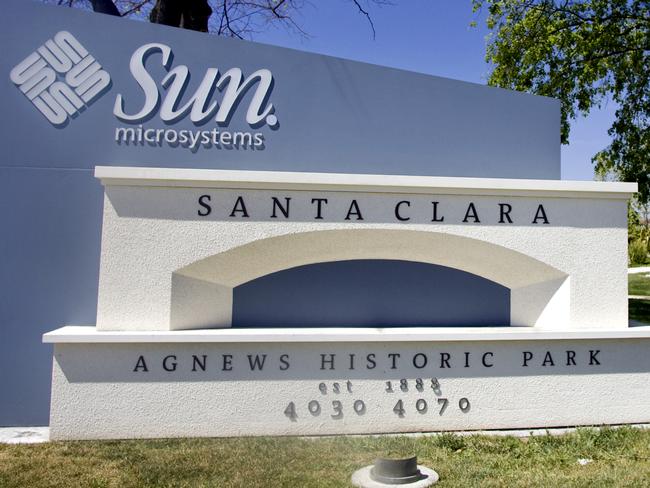Oracle v Google is the most bitter of technology legal battles

Oracle is not the only organisation that was angered about the early development of Android. Walter Isaacson’s biography of Steve Jobs recounts how the Apple founder regarded Android as “grand theft”. “I will spend my last dying breath if I need to, and I will spend every penny of Apple‘s $40bn in the bank, to right this wrong. I’m going to destroy Android, because it’s a stolen product. I’m willing to go thermonuclear war on this,” Jobs is quoted in the book.
Apple may not be pursuing Google these days but Oracle is. It is obviously still livid at what Google did. Attentive readers might note that Oracle is among the submitters to the Australian Competition and Consumer Commission’s (ACCC) inquiry on digital platforms that is examining mandating payments by Google and Facebook to news media organisations. In my view, Oracle’s pursuit of Google around the world on such issues is an indicator of how badly the company feels it has been wronged by Google.
The legal case is complex. An argument advanced by Google is that the use of application program interfaces (APIs) isn’t subject to copyright in the same way that large slabs of code could be. It has the support of some tech firms who feel they could be subject to legal claims themselves if Oracle wins.
On the other hand, there’s the view that if you use someone’s code at any level without authorisation, it’s stealing and a win for Google would undermine the notion of ownership and IP rights throughout the industry.
The court battles on this have been underway for more than a decade, and if Steve Jobs was with us, he no doubt would be intently following it.

J. Michael Keyes, a partner at the international law firm Dorsey & Whitney, is a US intellectual property attorney in cases involving trademarks, copyrights, unfair competition and false advertising, who has tried several cases in federal courts across the US.
He say he has followed the Google v. Oracle case through the courts and listened to the argument in court today. If you are closely following this case, he has this to say:
“Today, the US Supreme Court heard oral arguments in one of the most significant copyright cases to reach the court. The case has potentially huge implications on copyright protection for software, fair use, and the sanctity of jury verdicts. Both parties’ counsel were peppered with questions that focused primarily on copyright protection for software, the idea/expression merger, and whether Google’s use was “fair,” Keyes says.
“Several of the justices’ questions seemed sceptical of Google’s position and troubled by Google’s use of Oracle’s software code. Justice Roberts said just because you “crack the safe” doesn’t give you the right to take the money. Justice Alito was worried that if the Court adopted Google’s position it would effectively end copyright protection for software.
“Justice Sotomayor appeared to express her scepticism of Google’s position in pretty blunt terms: ‘What gives you the right to use their original work?’
“Justices Gorsuch and Kagan seemed troubled that other tech giants like Apple and Microsoft have created successful mobile platforms without copying Java — why should the Court give Google a pass?” Keyes says.
“Oracle’s counsel was also met with a fair amount of questions as to whether its ‘declaring code’ was copyrightable.
“Surprisingly, there was not a big emphasis or focus on the federal circuit’s disruption of the jury verdict on fair use. Justice Alito did seem to question whether the lower court applied the wrong standard. As did Justice Gorsuch. Given that there is not a single instance of a federal appeals court overturning a jury verdict on fair use, it seemed like this issue would have received more ‘airtime’.” Keyes says.
It is likely to be weeks or months before a ruling on this latest chapter takes place.

There’s one other concern this case raises. The ability of some big tech companies such as Google to prolong litigation or negotiations over years and to use never-ending rounds of litigation to stall definitive agreements.
Some feel the tech giant could do the same when it comes to negotiating payments to media companies for using their news content in Google services such as news app and search.
Oracle executive vice president Ken Glueck in a blog post this week described the process as “kicking the can down the road”.
“Google has mastered the art of winning by kicking the can down the road,” he writes. “It can afford to play the long game. Deny every claim, appeal any adverse decision, run out the clock on every opponent—including government regulators.
“Even nominal ‘losses’ for Google are really wins: It can appeal fines and courtroom setbacks for years while its market power continues to grow and competitors disappear. And even if it has to pay something in the end, it will be a drop in Google’s very large bucket. It’s ‘efficient infringement’ at global scale.”
The ACCC’s approach is to recommend final-offer arbitration (aka baseball arbitration) where each side puts forward a final offer if two sides in a dispute cannot reach agreement. An arbiter would choose one or other of the offers based on a set of rules around finding a reasonable payment regime.
Google in Australia is bitterly opposed to this, but others fear more that the tech giant could stall an agreement indefinitely through years of back and forth negotiations. That’s why many are keen to see final-offer arbitration prevail.
Reports online suggest Google has a legal department of about 1,000 people across the world. (That’s just in-house.) They no doubt deal with issues on many fronts, but the department looms as a formidable legal arsenal if you are on the other side of the courtroom.



The decade-long legal battle between Oracle and Google over the latter’s unauthorised adoption of the Java programming language is back in court and it cuts extremely deeply. Oracle acquired Java when it purchased Sun Microsystems more than a decade ago and it subsequently formed the foundation of early Android systems developed by Google.